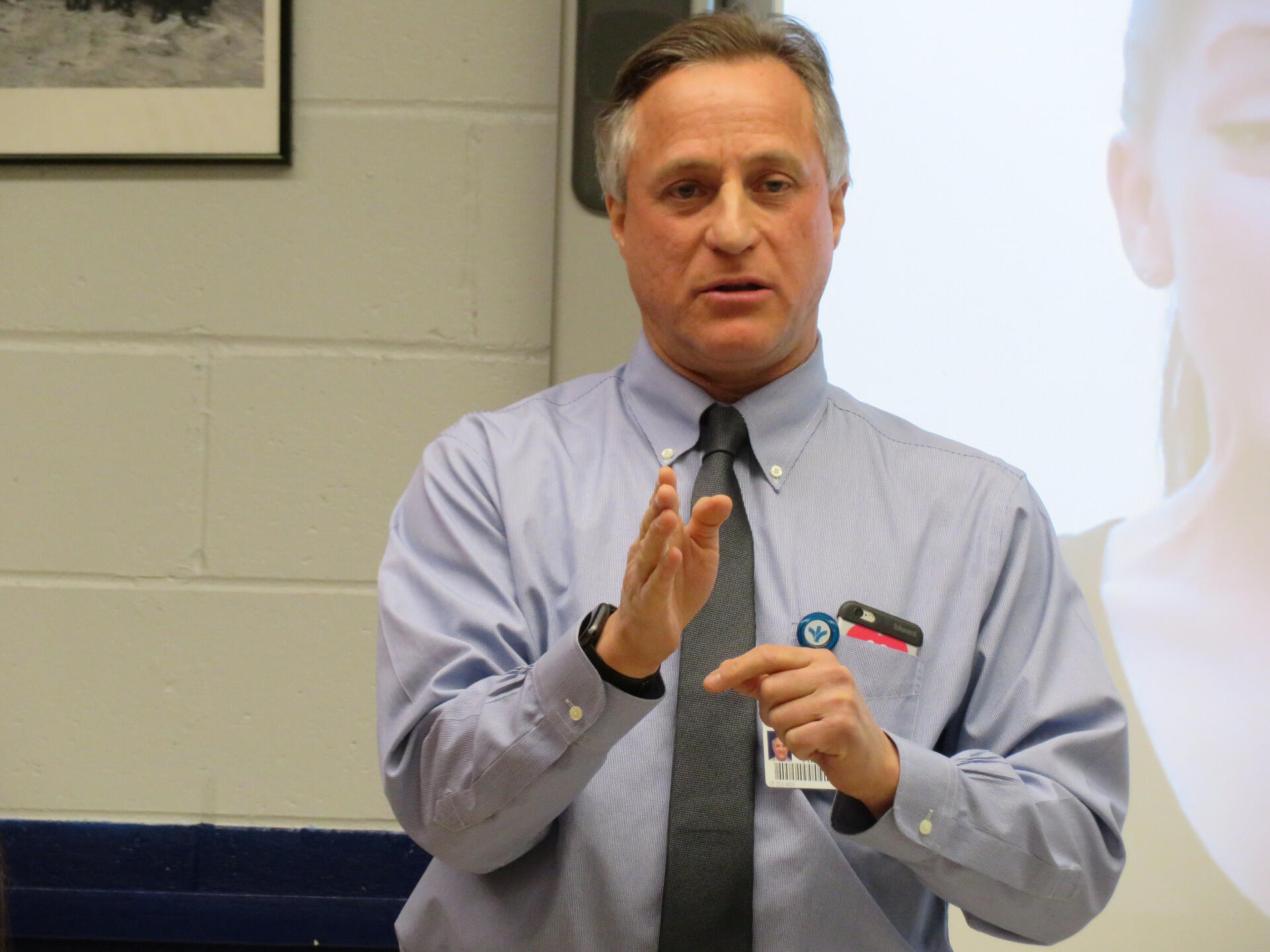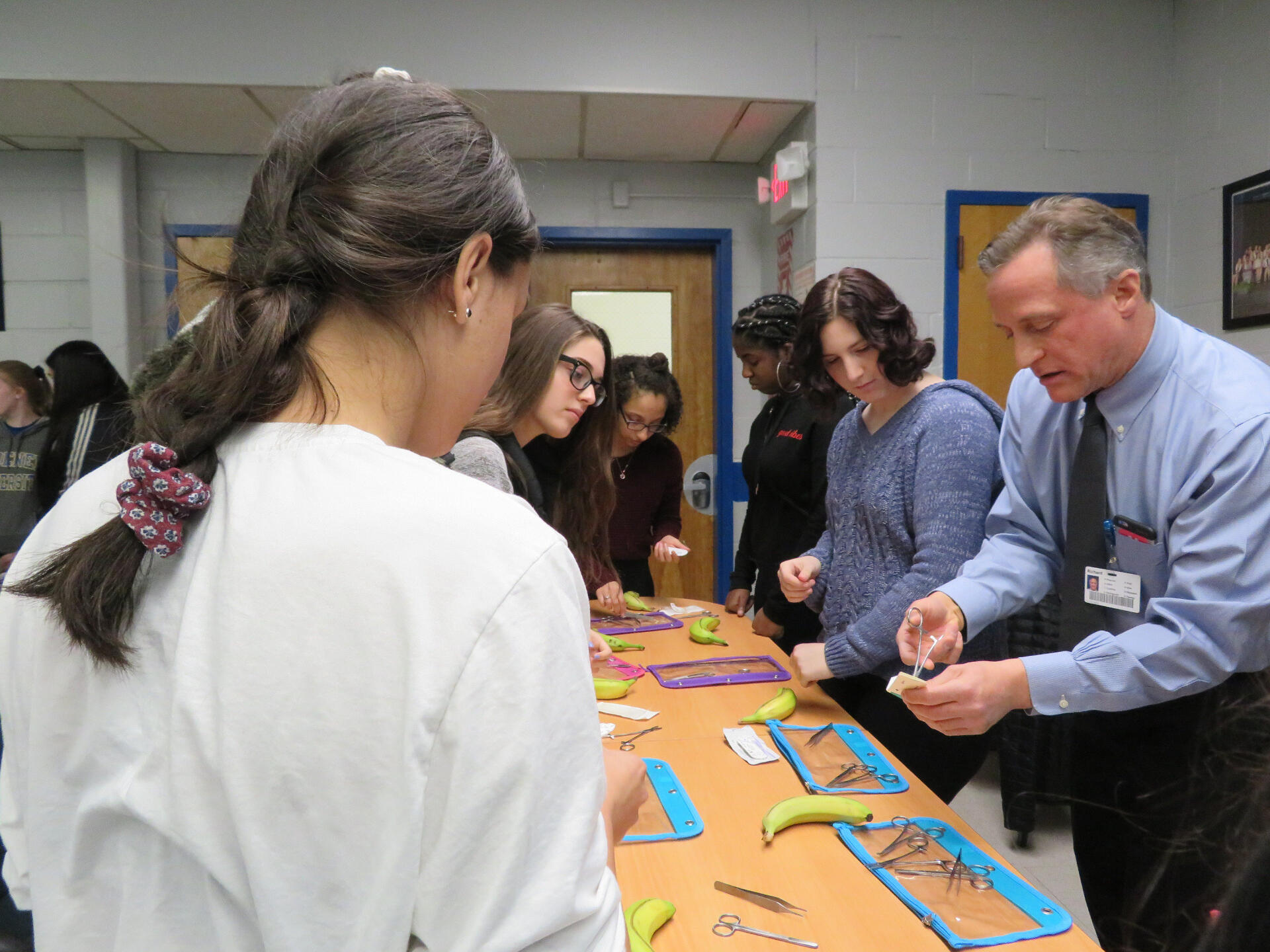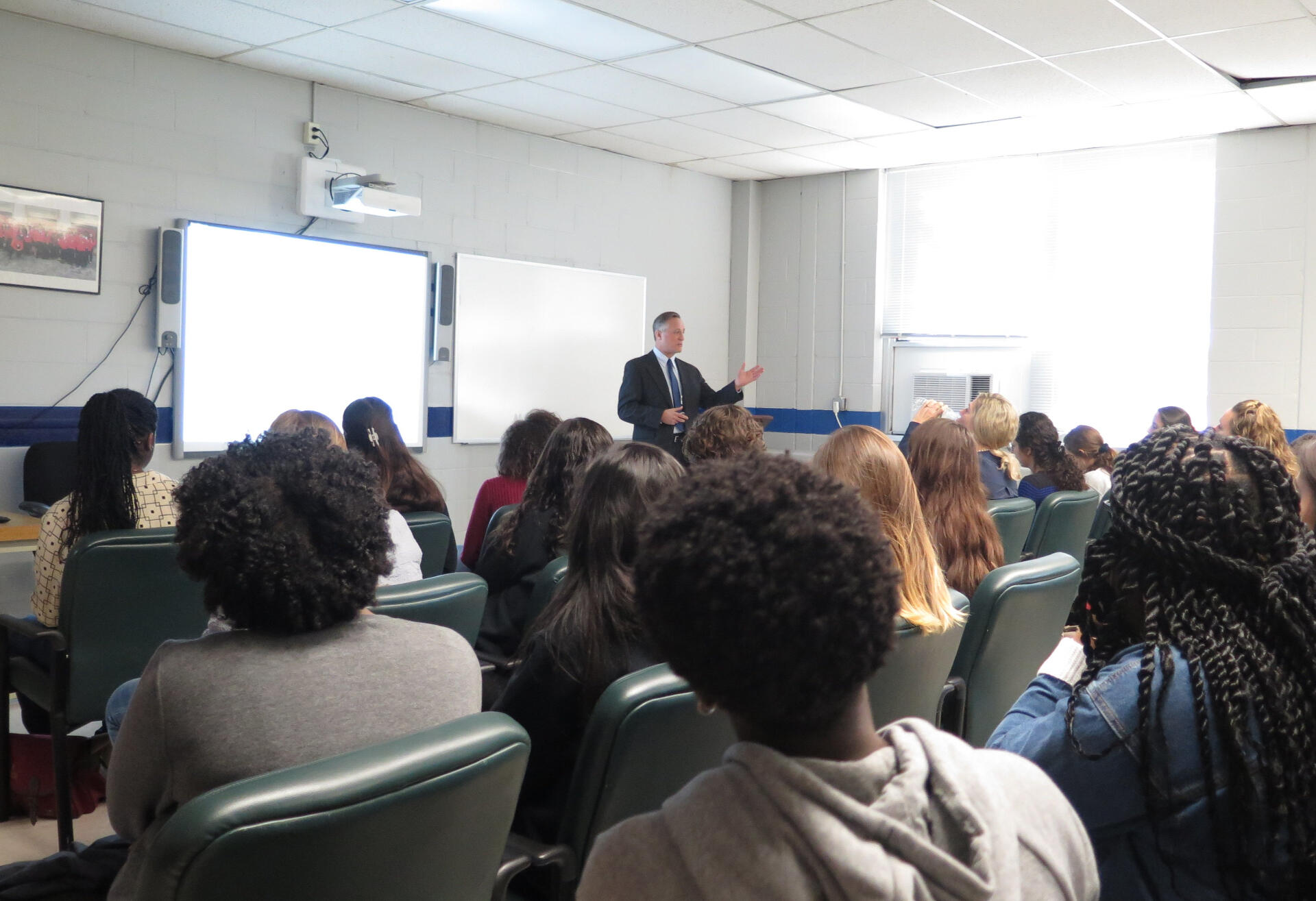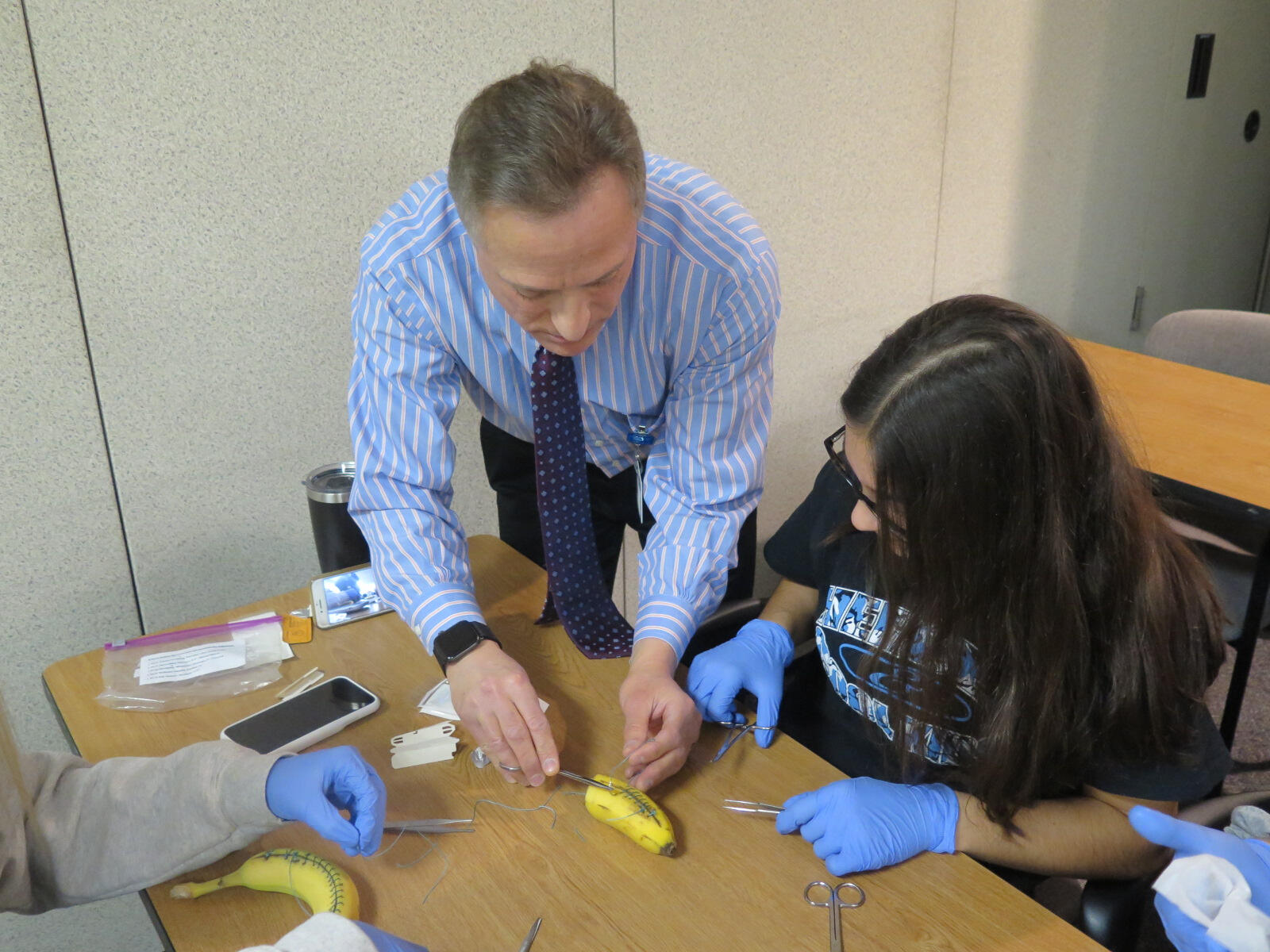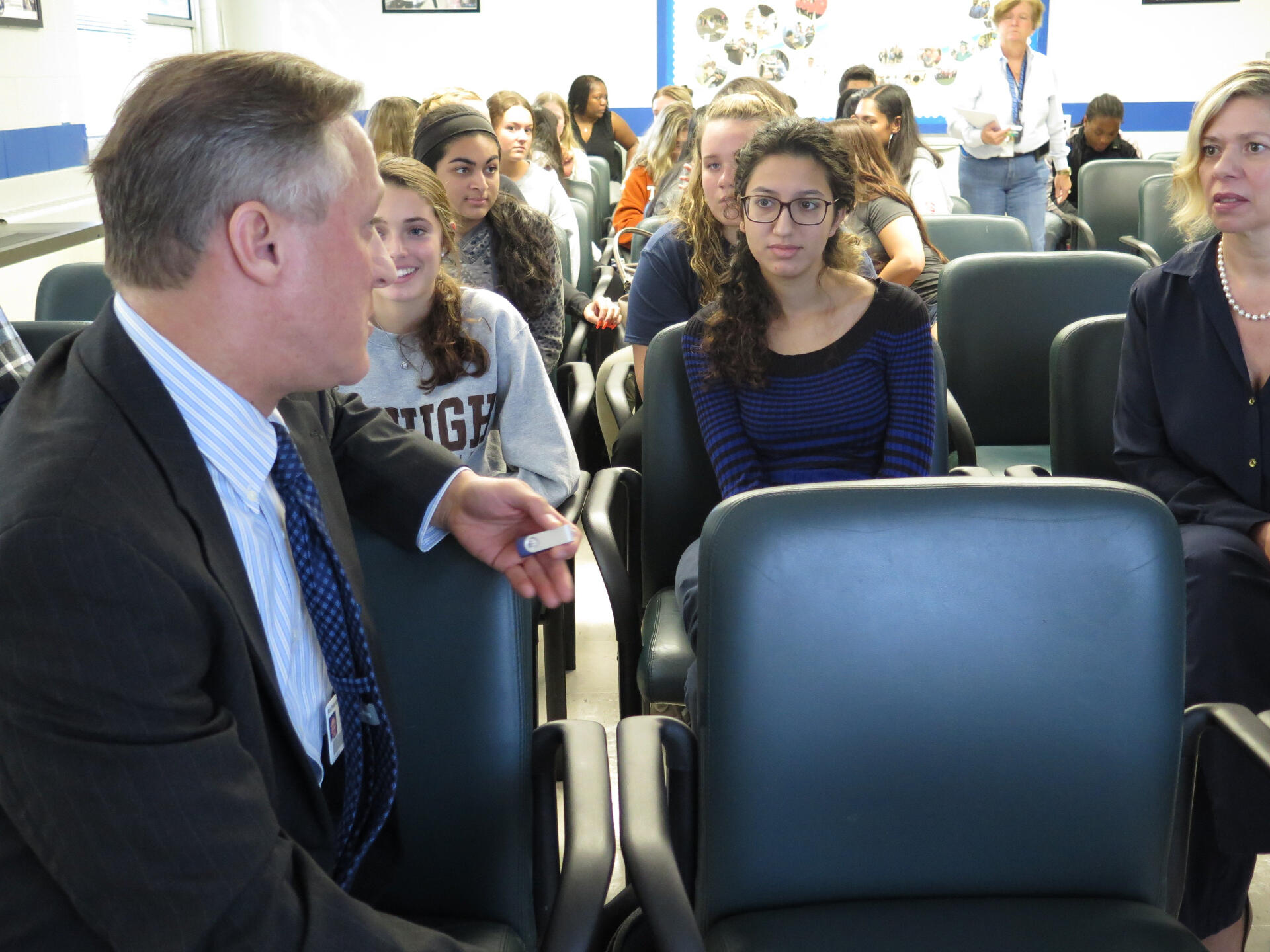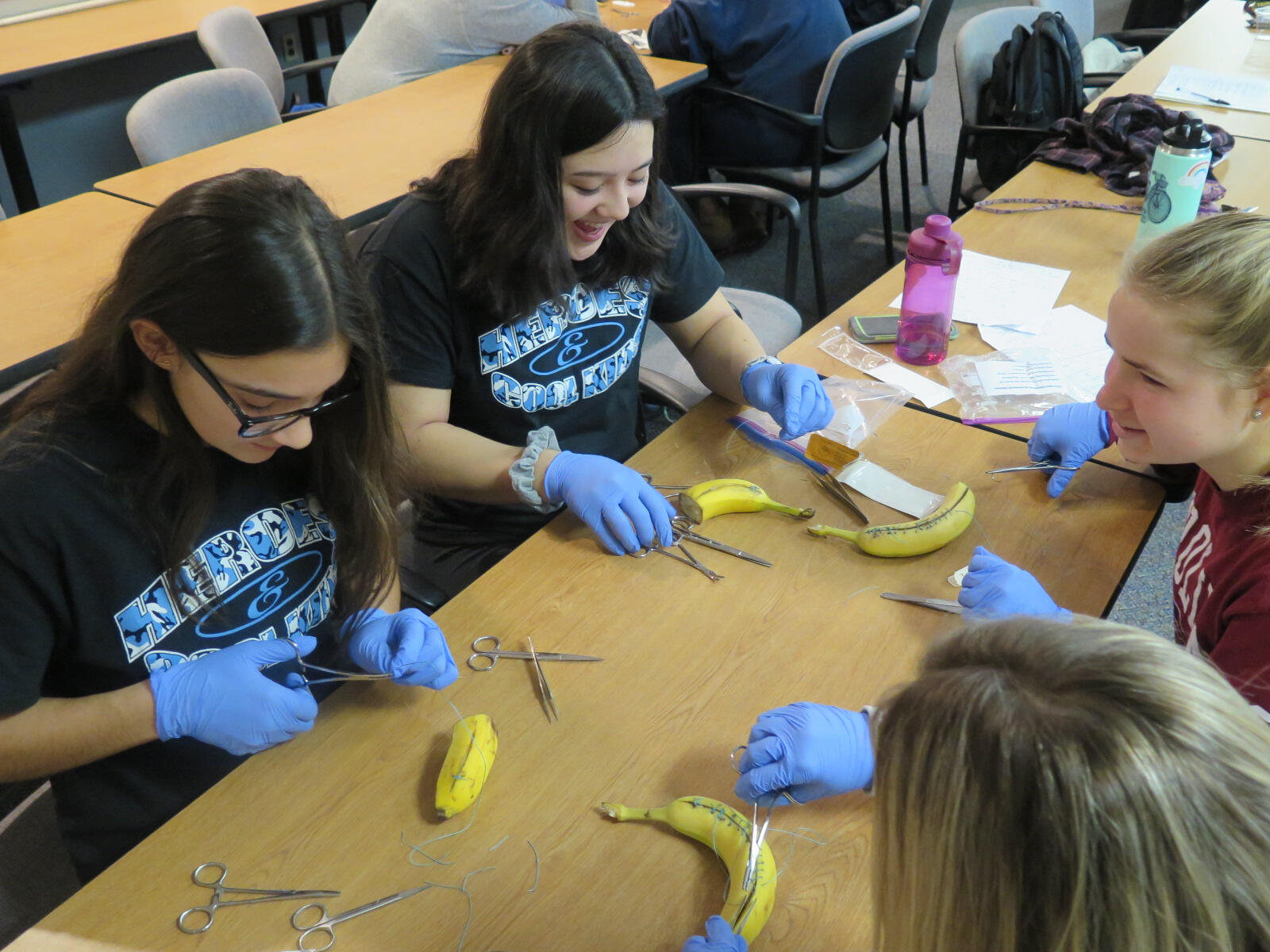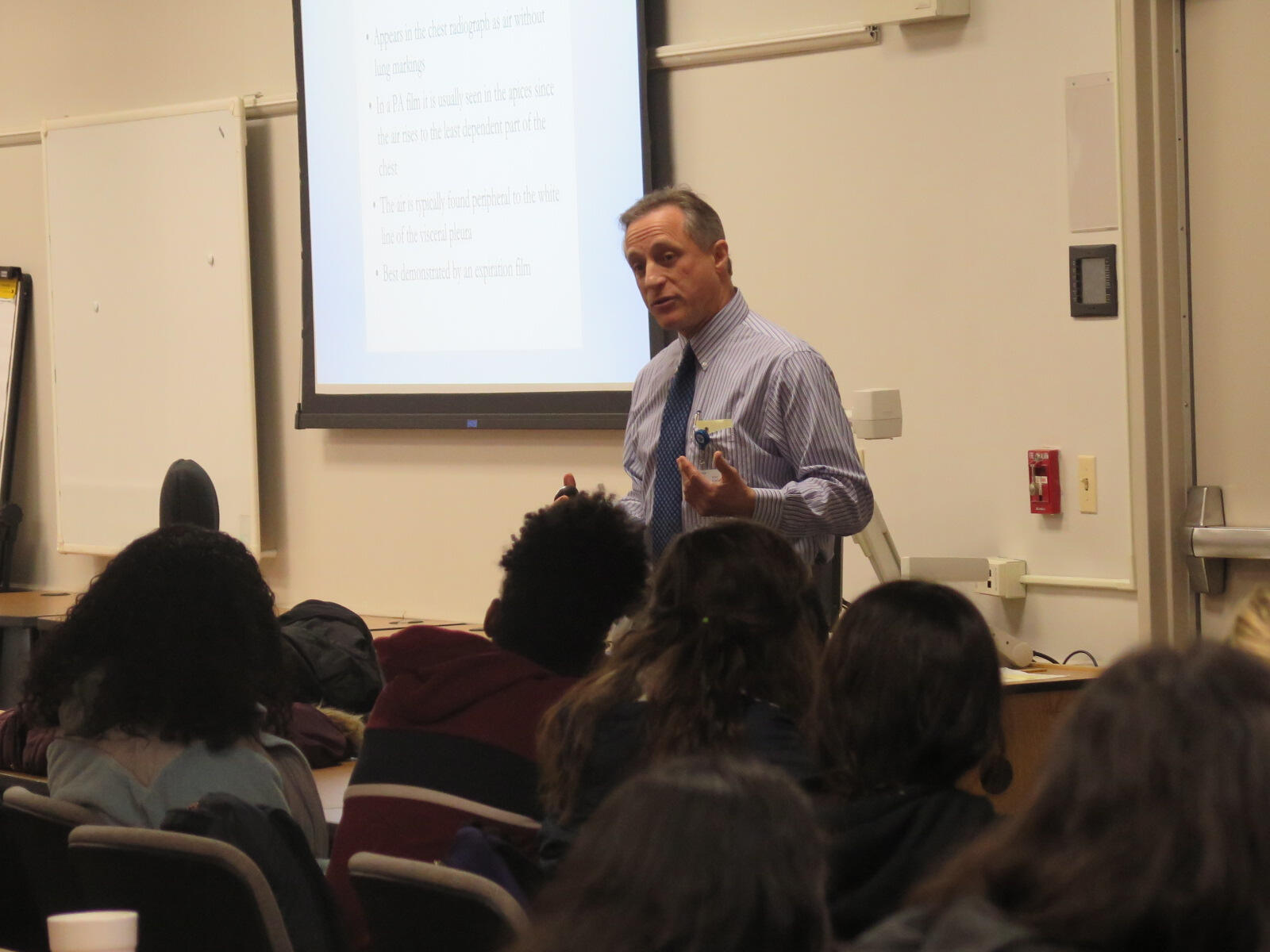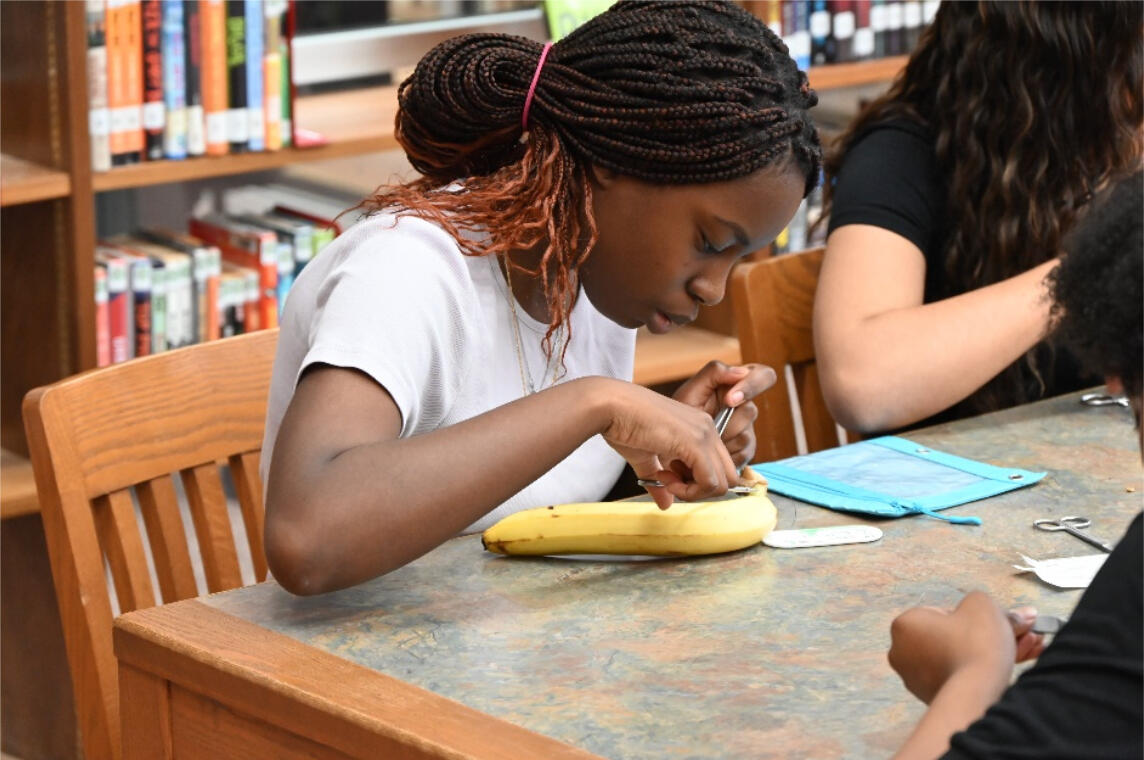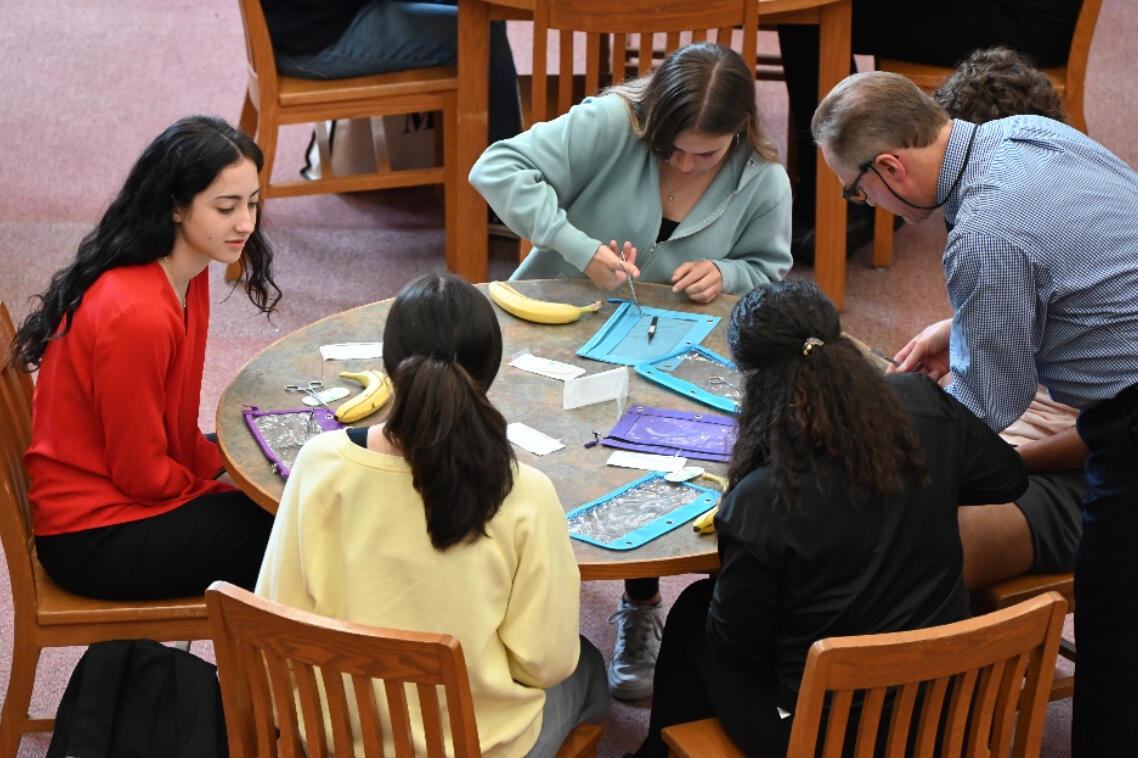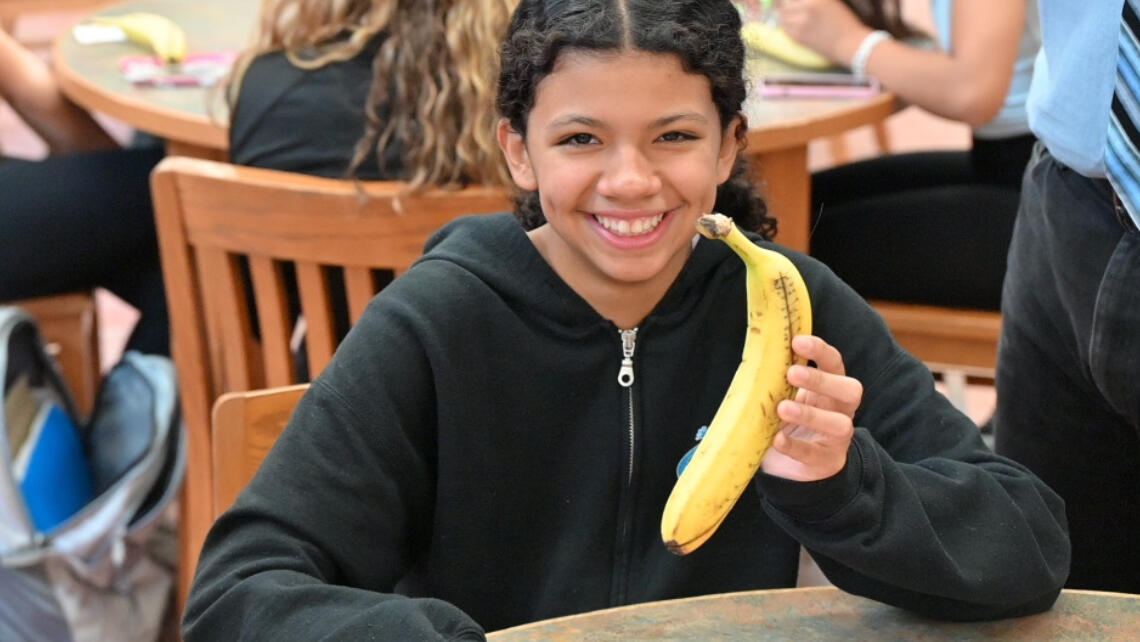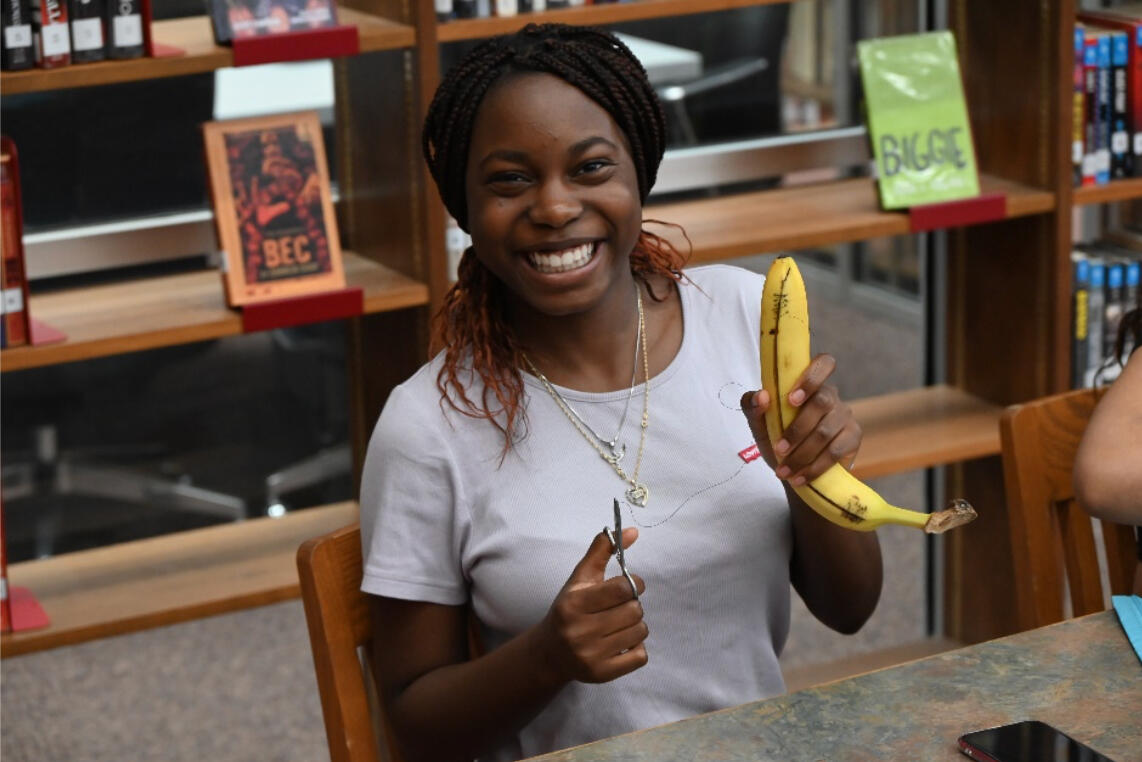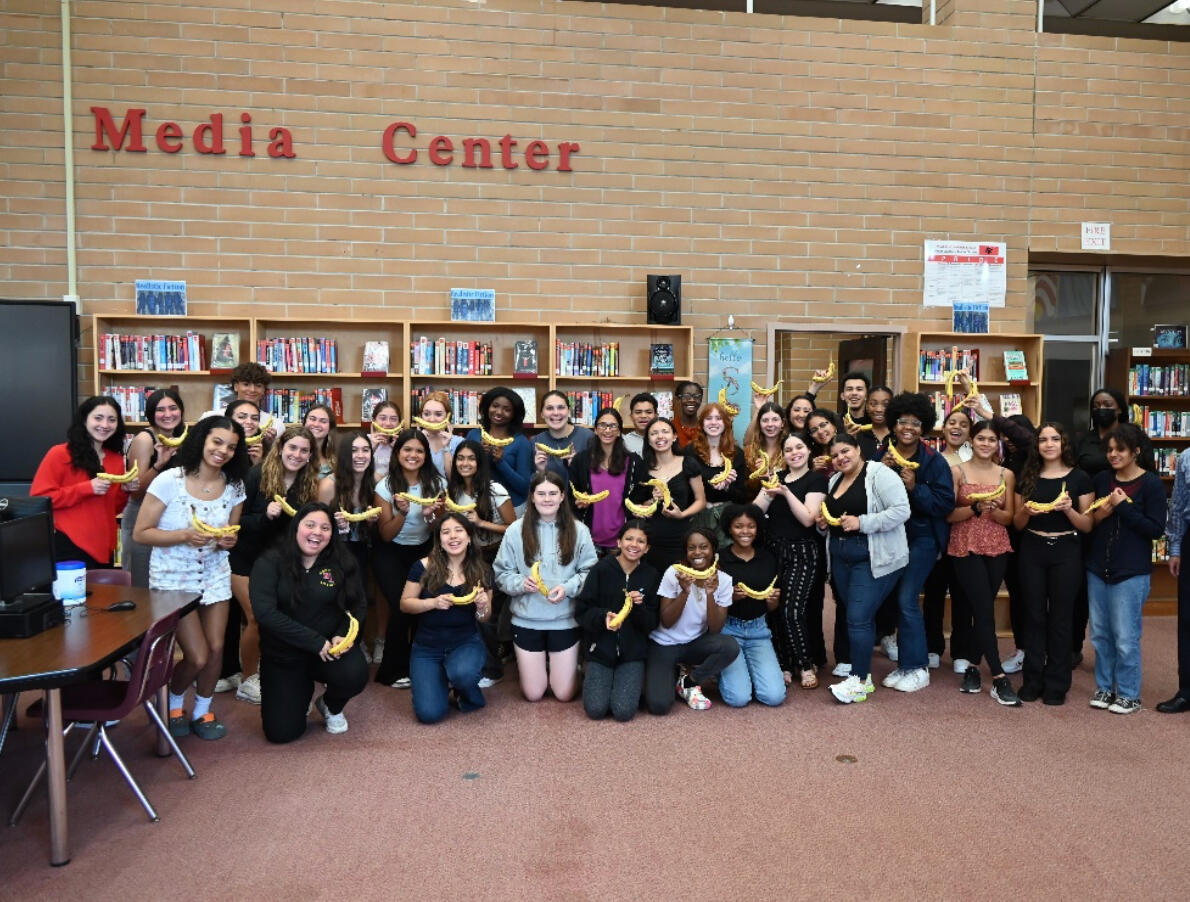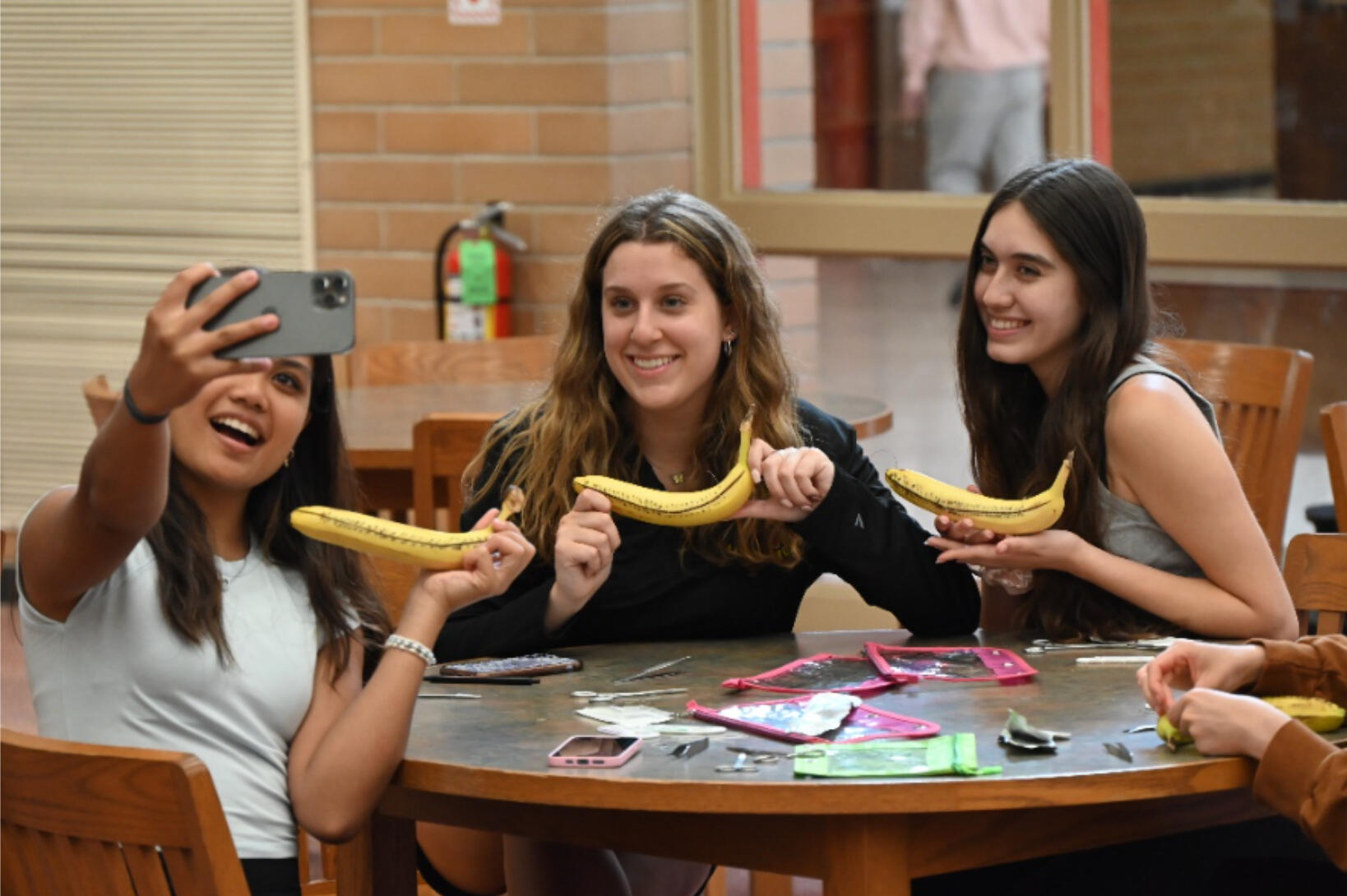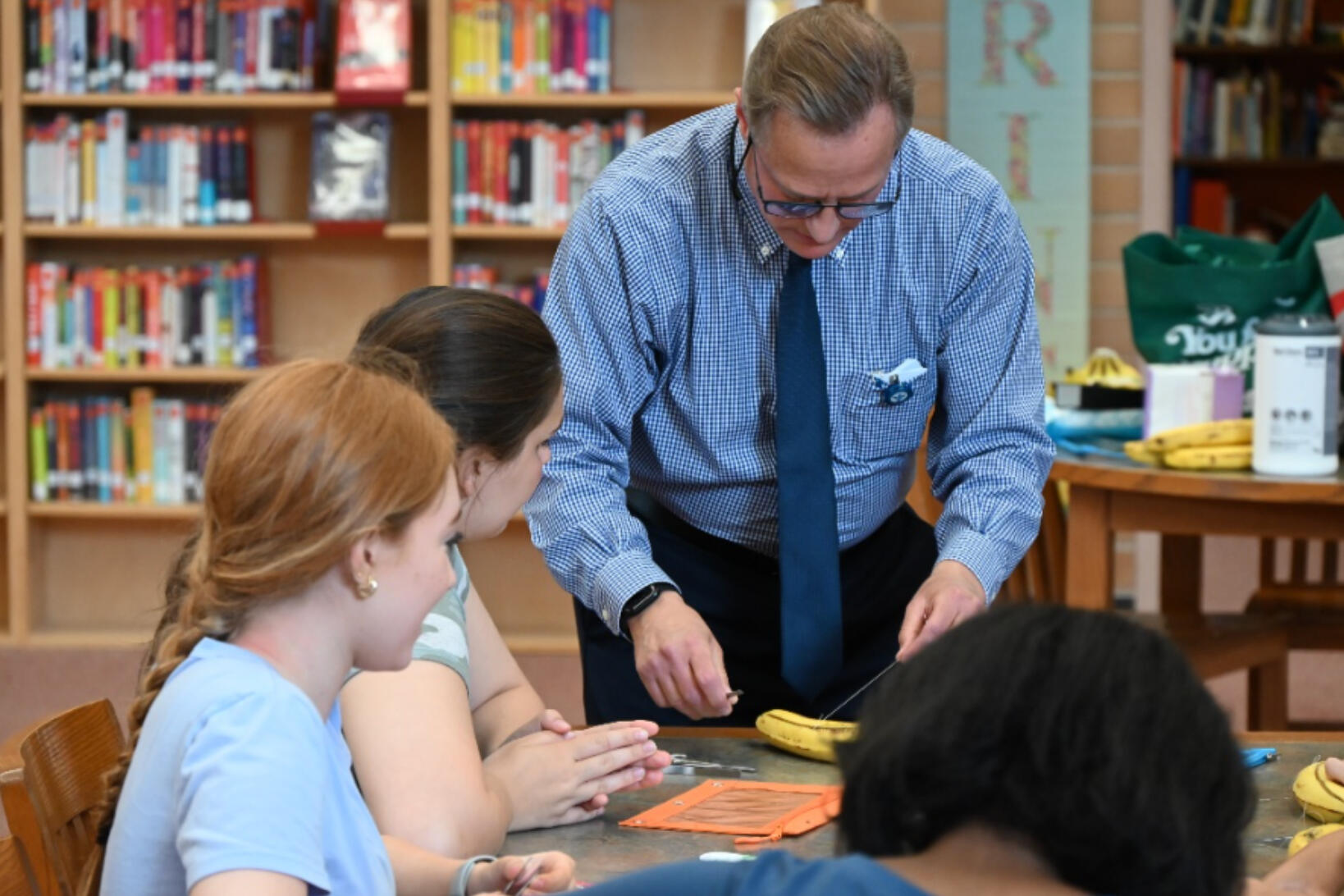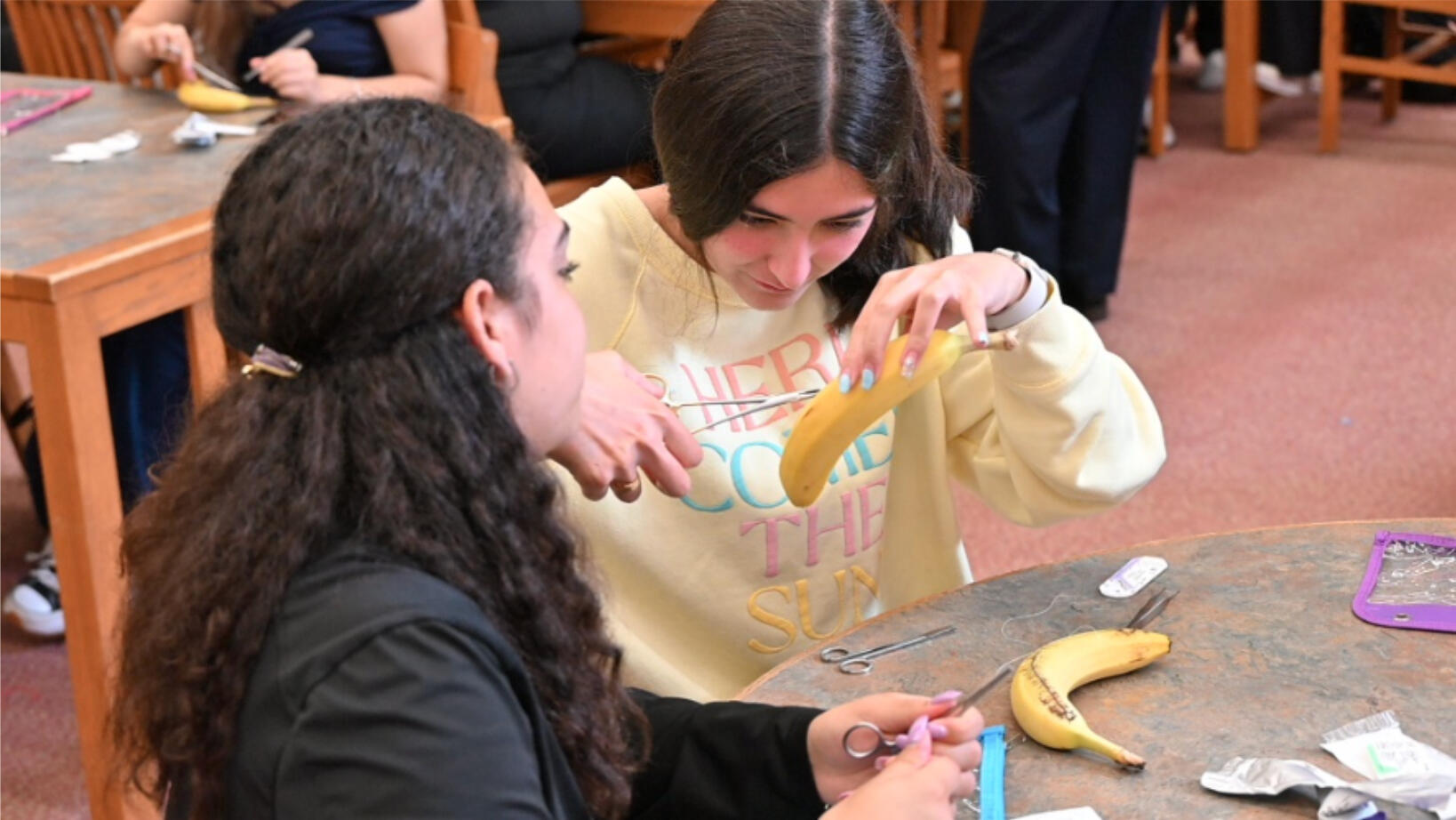Mini Medical College
Read our manifesto, written by Dr. Richard Evans.
I lectured at the University of Minnesota Medical school while I was an assistant professor, and always wanted to bring medical school information to the high school students. The goals of the program are to challenge the students to increase their vocabulary, learn new hand skills, and motivate them for life. There is no doubt that today’s high school student is able to obtain information much faster than prior generations- thanks to the ubiquitous nature of technology. The students are able to complement my lectures with convenient access to the internet and further explore the content of my lessons.I encourage schools to offer the program to all students and not only the Advanced Placement (AP) or gifted students. So many students do not appreciate their potential or are not fully aware of how the medical field provides many interesting options for them. It is my hope that their exposure to the Mini Medical College program allows them to either start or continue on a path in the medical field. If they ultimately choose another field, they will at least know how to suture and how to read a CT scan!Several students have touched me personally. They often confide in me and tell of stories being told that they can never be a nurse of physician. They seem surprised and jubilant when I speak of how hard work and motivation will take them to their dreams. This is how I get paid- “emotional income”.I like to motivate the students to think, and find solutions to everyday issues. I interject examples of how I encounter problems, and the importance of using all available resources to find solutions. Many solutions require teamwork and leadership skills which can be learned.My ideas and concepts led to the development of the Tipless kidney stone basket (Cook inc.). I speak of the challenges I faced while performing percutaneous and ureteroscopic surgery and the problems I encountered . These challenges led me to develop a surgical instrument that can improve outcomes for our patients. Now, the Tipless Basket is found in every operating room in the world.Another example of problem solving led to the development of the Familyfirst Messenger app. There has always been a lack of communication between medical providers and patients’ families. I was determined to improve communication to reduce anxiety for families awaiting news about their loved ones. This is what motivated me to co-develop the Familyfirst Messenger app. I consulted with an expert in software development and through our close collaboration, we produced the Familyfirst Messenger application This application is used in hospitals and skilled nursing facilities throughout the medical community. The app enables physicians and nurses to send one way, HIPAA compliant, and encrypted messages to the family members of patients anytime and anywhere.The students are very interested on how to build an app from concept, and the steps to bring it to market. I am able to share my experiences of entrepreneurship in the digital world. There is enormous crossover between the medical and digital fields. This intertwining of fields will continue to influence how medicine is practiced for years to come. The concepts of original ideas, team work, and leadership are accentuated in this presentation.I stress how every day challenges can be overcome through dedication, hard work, and team work.I do not advertise the program. The high schools will post pictures and content of the program on social media, which has inspired other schools to reach out for information about the program.Currently, the MMC program is provided for select high schools- in four New York Counties: Rockland, Orange, Nassau, and Westchester. I do not accept payment for the program, and all adjunct equipment is supplied at no cost.After each lecture, an anonymous Survey Monkey is sent to the students to encourage honest feedback for improvement purposes.This is the only program of its kind in the U.S.A. The MMC hopes to stimulate all high schools students and invite inquiries for assistance.
Contact
Please reach out to chat with Dr. Evans, at revansmd@minimedicalcollege.com
MMC Curriculum
The Mini Medical College curriculum includes the following topics as of 2026:
1. Healthcare Career Options
2. Medical School Admission: Build a pathway
3. Interviews: Create and Relate
4. Patient Engagement: Building Trust
5. Physical Examination
6. HIPAA: Medical Law and Ethics
7. Learn to Interpret Chest x-rays
8. Learn to Interpret CT scans
9. Bloodless Medicine and Surgery
10. Kidney Stones: Presentation; Prevention; and Treatment
11. Interpret Blood and Urine Test Results
12. COVID-19: Microbiology; Vaccines
13. Dermatology: Appearance and Pathophysiology of Rashes
14. Blunt and Penetrating Trauma: Injuries and Management
15. Medical Apps: Concept to Market
16. Robotic Surgery: Joints to Kidneys
18. Hypertension: Pathophysiology; Detection; Treatment; Prevention
17. How to to Suture and Form Surgeon's Knots
18. How to Perform Endoscopy: Remove Kidney and Bladder Stones
19. How to Perform and Record Vital Signs
20. Animated (Patient) Medical and Surgical Cases Presented: Students are asked to make clinical decisions leading to different pathways and results
21. Common Illness: Definitions; Pathophysiology; Prevention and Treatment (strokes, myocardial infarction, pneumonia, vaping and lungs, appendicitis, poison ivy, and kidney stones. (Part 1 and Part 2)
22. How Medical Providers Cope with Poor Outcomes and Death
23. Malpractice and Medical Errors
24. Public Health Issues
25. Television/Motion Picture Productions Medical Terms and Procedures
Gallery
